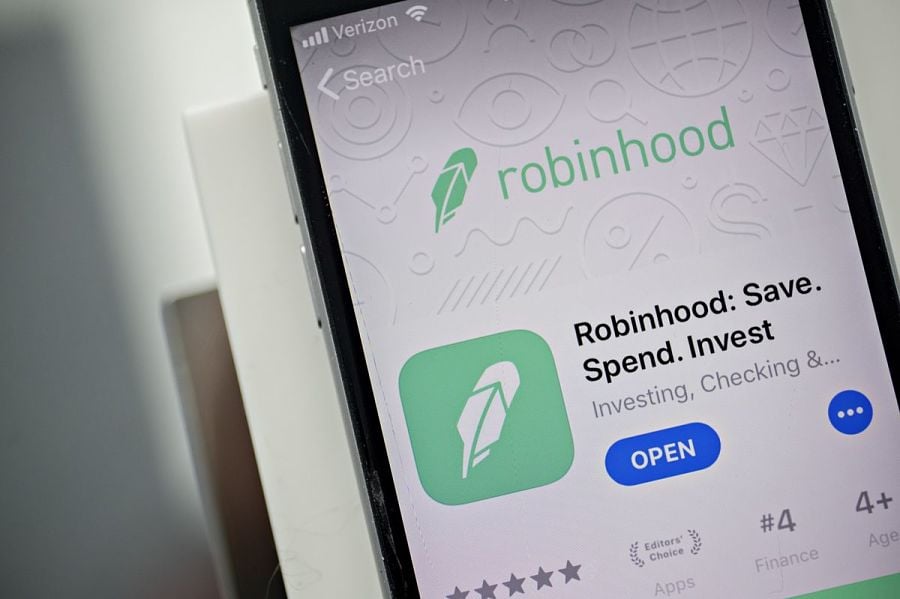

Robinhood Markets Inc. customers experienced technical issues on the company’s online service when U.S. markets opened on Monday morning and the outage lasted the entire U.S. trading day, preventing customers from making trades as stocks surged after last week’s rout.
The systemwide issue began as the markets opened, with clients unable to access their accounts. Almost two hours later, Robinhood Markets Inc. said the problem had been identified and its staff was working on a fix. By 4 p.m. in New York, access had not been restored.
Clients blasted the closely held company on social media for not being able to make trades.
“One of the most anticipated trading days and your service is down at market open,” one user wrote. Another user said: “What is going on -- I can’t do any trades -- you will lose me as customer going forward. This ridiculous.”
Robinhood is having issues since 9:38 AM EST. https://t.co/JyliGLnyar RT if it's down for you as well #robinhooddown
— Downdetector (@downdetector) March 2, 2020
Downdetector, a website that tracks real-time outages online, reported the issue at the market open.
The failure was a setback for a Silicon Valley startup that has sought to lure young, tech-savvy investors who want to trade entirely online. Founded in 2013, the Menlo Park, Calif., company made a name for itself by offering commission-free trading on a mobile app. Since then, it has garnered millions of customers and a valuation of $7.6 billion.
Financial technology companies may have difficulty dealing with higher trading volume in more volatile markets, said Craig Pirrong, professor of finance at the University of Houston. “Particularly, is the technology scalable enough to handle the amount of orders they’re getting?” he said.
Recently, much larger competitors including Charles Schwab Corp. and Fidelity Investments have dropped some trading fees, essentially matching Robinhood’s offering. Companies including Jack Dorsey’s Square Inc. have also started offering the ability to trade stocks for free.
U.S. stocks surged the most in 14 months Monday as investors gained confidence that central banks would intervene to mitigate the economic impact of the coronavirus. Last week, the S&P 500 Index suffered its worst week since 2008.
During the market decline, Fidelity and Schwab customers experienced technical issues that were quickly repaired.

Relationships are key to our business but advisors are often slow to engage in specific activities designed to foster them.

Whichever path you go down, act now while you're still in control.

Pro-bitcoin professionals, however, say the cryptocurrency has ushered in change.

“LPL has evolved significantly over the last decade and still wants to scale up,” says one industry executive.

Survey findings from the Nationwide Retirement Institute offers pearls of planning wisdom from 60- to 65-year-olds, as well as insights into concerns.
Streamline your outreach with Aidentified's AI-driven solutions
This season’s market volatility: Positioning for rate relief, income growth and the AI rebound
